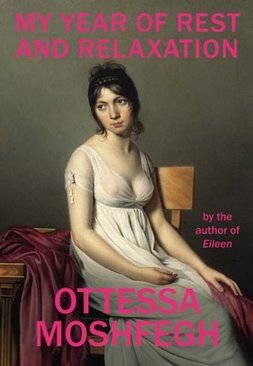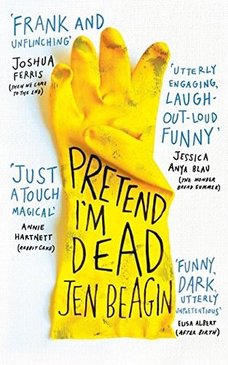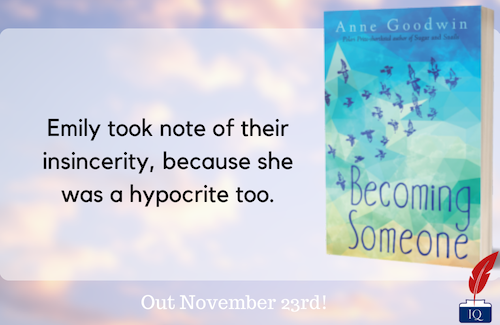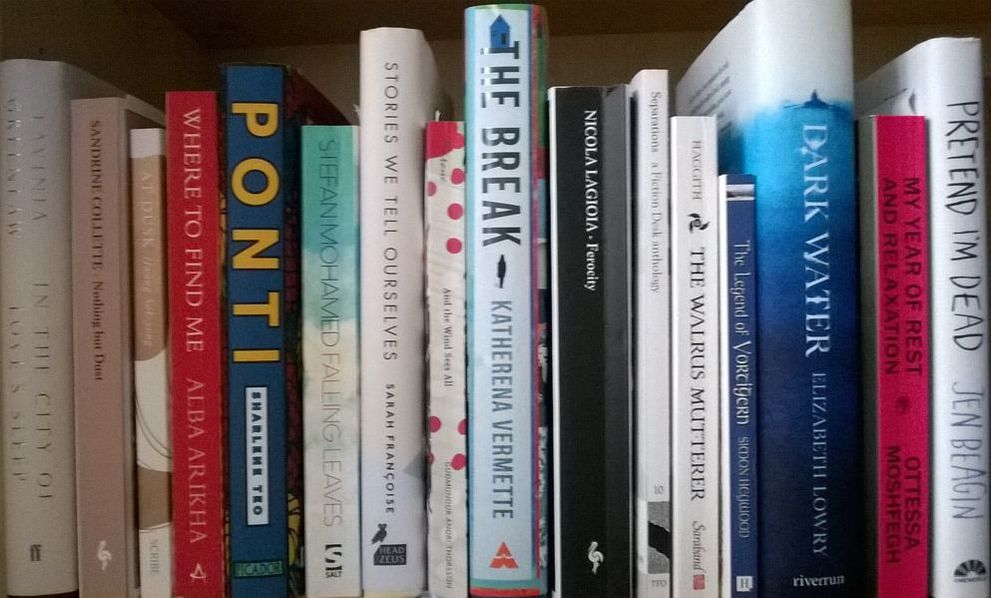My Year of Rest and Relaxation by Ottessa Moshfegh
And sleep she does, thanks to a crazy psychiatrist who’s particularly profligate with her prescription pad and to a stack of mind-numbing movies she watches on VCR. VCR? Yes, it’s the year 2000 and the reader knows where New York is heading, even if the narrator doesn’t.
Several of the medications she ingests are recognisable, although it’s “Infermiterol” that proves the most disturbing, inducing three-day blackouts, albeit without her coming to any significant harm. All in all, her year of rest and relaxation seems to work. But the final chapter, a single page based around an event that has been heavily foreshadowed, invites the reader to reassess the project, particularly in its enigmatic concluding sentence. What does the anti-heroine’s sleep represent?
Having missed out on Ottessa Moshfegh’s Booker-prize-shortlisted Eileen, I was keen to sample her second novel and fourth book. It’s testament to the quality of the author’s prose – stylishly matter-of-fact – that the story of a woman devoted to sleep kept me turning the page. But I’m not sure what I made of it overall: rather than “blackly funny” and “compassionate” as promised by the blurb, I found it desperately sad. Are all rich young women so vacuous? Thanks to Jonathan Cape for my review copy.
Pretend I’m Dead by Jen Beagin
She encounters a community even weirder than she is: the Anglo-Japanese couple devoted to sunsets; the divorced father with a photographic shine to his pre-teen daughter; the woman with a three-month waiting list for her psychic readings. Through them, through the photographs she takes of herself in her clients’ houses and through all that’s missing in her occasional phone calls to her father, Mona confronts her abusive childhood and is gradually able to become visible to herself.
Jen Beagin’s debut novel is a poignant and quirky portrait of a young woman’s journey to selfhood. The voice is entertaining and engaging and the ending offers hope of redemption without false promises of happy-ever-afters. Thanks to UK publishers Oneworld for my review copy.
| These young women’s predicament echoes that of Emily in “No Hard Feelings”, one of the stories in my recently-published collection on the theme of identity, Becoming Someone. |
| Mona’s use of her camera as a tool to reconnect with herself is reminiscent of Dougie in “Habeas Corpus”. You can hear me read the opening here --------- > | |
I don’t think I’ll be boring you with all these stats next year, but I will be back later this week with my grand (or grandiose?) review of my reading year.

























 RSS Feed
RSS Feed





















